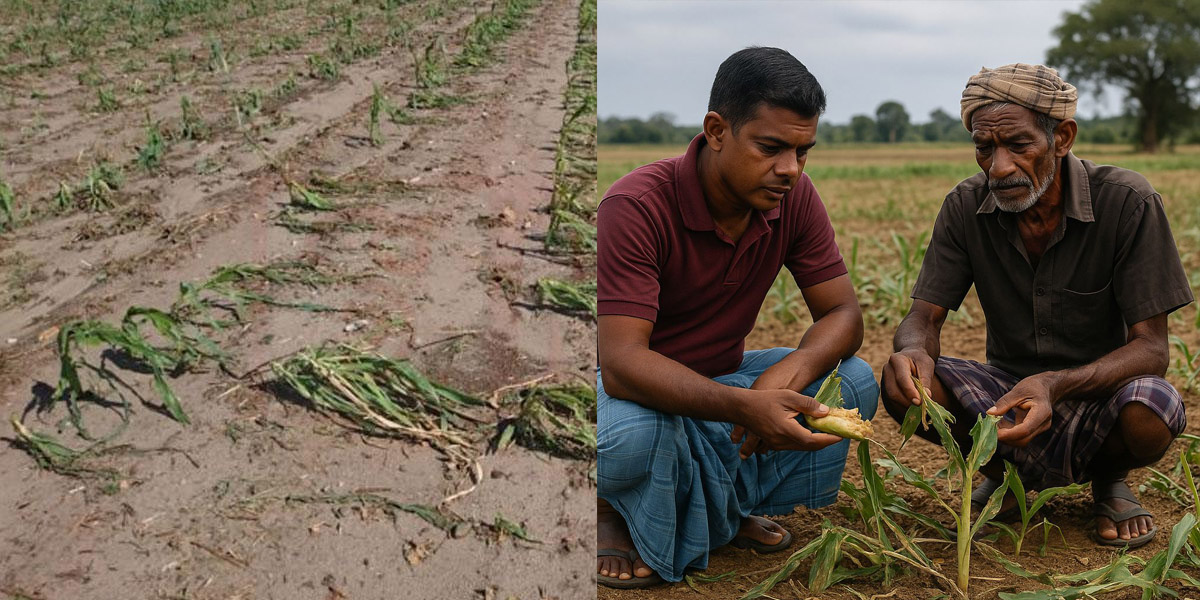එල්.පී.ජී ගෑස් අවශ්යතාවයෙන් 80% අධික කොටසක් සපයන ලිට්රෝ ගෑස් සමාගම රාජ්ය සමාගමක් වශයෙන් තම වගකීම ඉටුකරමින් ජනතවට එල්.පී ගෑස් සහන මිලට සැපයීමට කටයුතු කරනු ලබයි. ලෝක ගෑස් මිල උච්චාවචනය වුවද, ජනතාවට සහන සලසමින් ලිට්රෝ ගෘහස්ත 12.5Kg ගෑස් සිලින්ඩරයක මිල රු.3690/-ක මුදලකට පසුගිය මාස 8 පුරාවටම නොකඩවා පවත්වාගෙන යන ලදි.
නමුත් ලාෆ් ගෑස් 12.5Kg ගෑස් සිලින්ඩරයේ මිල රු 410කින් ඉහළ නංවා 12.5Kg සිලින්ඩරය 4100/- මුදලකට අලෙවිකරුණු ලබද්දීද, ලිට්රෝ ගෑස් ලංකා සමාගම රජයේ සමාගමක් වශයෙන් පාරිභෝගිකයන් හට එල්.පී ගෑස් අවශතාවය සපුරාලමින් කාර්යක්ෂම සේවාවක් ලබා දෙමින් රටේ ආර්ථික වාර්ධනයෙහිලා කැපී පෙනෙන කාර්ය භාරයක් නිසි වගකීමෙන් යුතුව ඉටුකරනු ලබයි.











